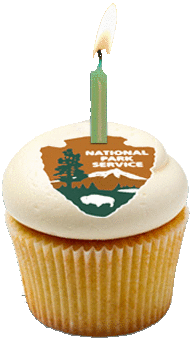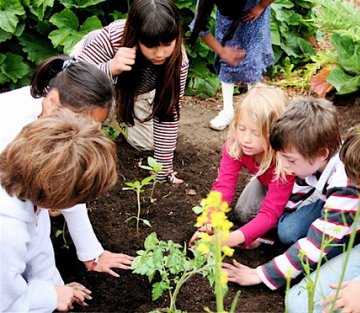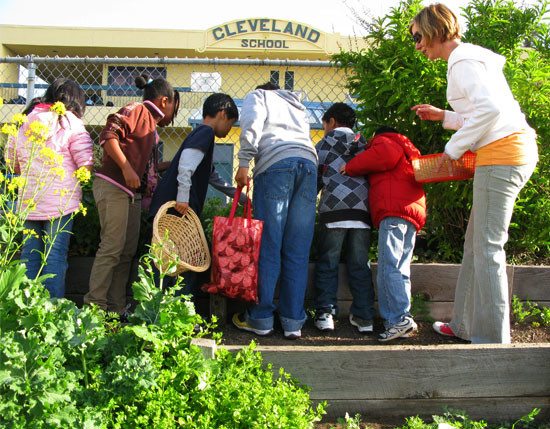An opinion piece by pediatrician Robert Zarr and TLN Founding Director Naomi Sachs was published yesterday in The Hill, titled “Prescribing nature for improved health makes an economic case for the Land and Water Conservation Fund.” Here are a couple of snippets, and you can read the full piece here.
(more…)Landscapes for Health

‘The Salutogenic City’ – Design for Health on a Large Scale
January 25, 2018
Clare Cooper Marcus and I wrote this article, The Salutogenic City a couple of years ago. It was first published in World Health Design. Clare was, of course, also my co-author for the book Therapeutic Landscapes.
(more…)
What is a Healing Garden?
September 11, 2016
My colleague, Dak Kopec, asked me to write a piece on healing gardens for his forthcoming book, Environmental Psychology for Design, and he has graciously given permission to share it with you here on the TLN Blog. Dak is Director of Design for Human Health at Boston Architectural College and has written many books and other publications on the role of the environment in human health. Thank you, Dak!
(more…)Happy 100th Birthday, National Park Service!
August 25, 2016
The National Park Service turns 100 today!
To celebrate, you can visit one (or more!) of the NPS’s 412 parks for FREE from 8/25 – 8/28. Check out the terrific Find Your Park website to help you locate the nearest park and to see lots of great photos and stories. And why not leave a comment here about your favorite national park, or a story about a memorable NP experience? I’m sure you’ve got some great stories to share…
(more…)Snapshots from the Chicago Botanic Garden
May 16, 2016
It’s a beautiful day at the Chicago Botanic Garden, Day #6 of the CBG Healthcare Garden Design Certificate Program. Today we’ve had presentations by Marni Barnes, Gwenn Fried, Nilda Cosco, and Clare Cooper Marcus; and Mark Epstein led a super discussion about “real nature vs. virtual nature” outside in the Walled Garden. Here are some snapshots from my walk today…

Cercis canadensis (redbud). Photo by Naomi Sachs
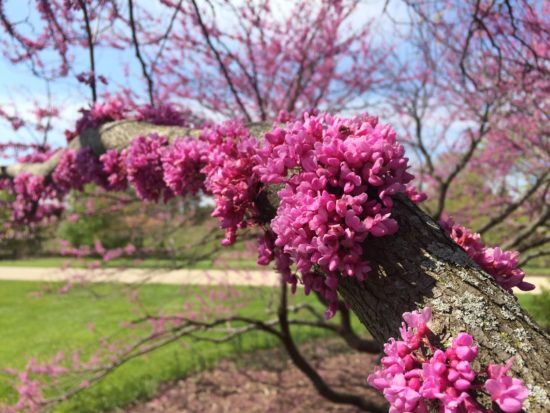
Cercis canadensis (redbud), with blossoms springing right from the branches. Photo by Naomi Sachs

I wish you could feel these new leaves. So velvety soft! Photo by Naomi Sachs.
‘Birthright’ by Stephen Kellert – Book review by Lisa Horne
March 3, 2015
This excellent book review of ‘Birthright’ is by Lisa Horne, ASLA
 As the keynote at the 2013 national American Society of Landscape Architects annual meeting and expo in Boston, Stephen Kellert gave a provocative presentation for the profession. “Biophilia” is a relatively new concept in design and Kellert’s recent work Birthright gives a heartwarming survey of ideas with relevancy to design and theory.
As the keynote at the 2013 national American Society of Landscape Architects annual meeting and expo in Boston, Stephen Kellert gave a provocative presentation for the profession. “Biophilia” is a relatively new concept in design and Kellert’s recent work Birthright gives a heartwarming survey of ideas with relevancy to design and theory.
Birthright provides a basis for incorporating nature into our lives. Kellert leaves classifications of nature open-ended and defines biophilia as a love of life. We have an innate desire for nature, which is “a birthright that must be cultivated and earned” (Kellert xiii). This attitude neither advocates a return to an Arcadian past nor forecasts apocalyptic doom. Instead, he asserts that humans will recognize their own self-interest and benefit from investing in the environment. An audience of academics, leaders, policy makers, and professionals interested in biophilia will appreciate the pace, text, and reasoning. (more…)
“Ecoliteracy Under Our Feet” – Greening Cleveland Elementary School
December 30, 2014
For the last Therapeutic Landscapes Network Blog post of 2014, we want to share an inspiring story of one of many schools that that is “greening” its schoolyard. The six gardens and overall ecoliteracy program at Cleveland Elementary School in Oakland, CA were spurred by Mary Schriner, who interviewed for a position there. When they asked her why she wanted to work at Cleveland Elementary, she responded, “Because your school looks like a prison yard, and I’d like to change that.” And she has changed both the school and grounds, and the lives of those who learn and teach there. One of the first conversations with her students began with the question, “What is a weed?” The project has been a tremendous success. Says Schriner, “I’ve had many, many moments when I’ve almost wanted to cry because I can feel the community happening, not because of me, but because of the natural world that we’re trying to create conditions for at the school. There’s been so much magic around the garden that I just have a lot of gratitude.”
Click here to read the full article by The Center for Ecoliteracy‘s senior editor Michael Stone, “So Much Magic Around the Garden.”
Landscapes for people with cancer – A (former) patient’s point of view. Guest post by Kevan Busa
July 11, 2014
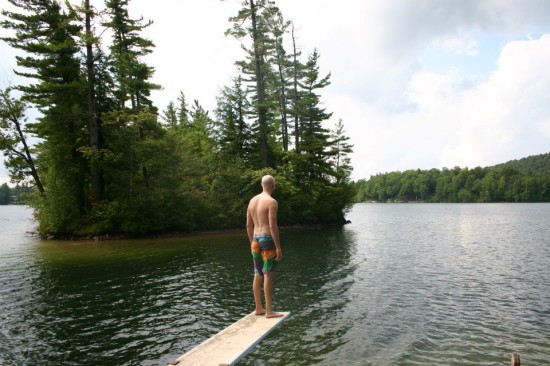
Kevan at the lake.
Kevan Busa first contacted me in August of 2012. He was in his last year as an undergraduate in landscape architect at SUNY-ESF, and had been excited about the upcoming semester abroad program in Barcelona, Spain…until he was diagnosed with Leukemia. When he emailed me, he was in his fourth out of five rounds of chemotherapy, and was scheduled to be in Buffalo for three months to get a bone marrow transplant. He wrote, “I talked to my school and doctors and i think that i am going to be doing an independent study of healing spaces while i am there.” Seriously? You plan on doing research while you recover from chemo and a bone marrow transplant? Wow. And he did! His research was subsequently published in the June, 2013 issue of Landscape Architecture magazine. I asked him to write a guest post for the TLN Blog, and he graciously agreed. The post is below.
Looking back at by far the hardest year of my life, I have realized the potential that I have to share my information with the professional world and especially people interested in healing spaces. There is more information being added every day that will help so many people in the future and am honored to be adding my research and experience to the Therapeutic Landscapes Network.
I was diagnosed with Acute Lymphoblastic Leukemia and went through a Bone Marrow Transplant within the past year. There was a lot to take in when I got sick and to think about, especially life. Being a landscape architecture student at the State University of New York: College of Environmental Science and Forestry, the topic of healing spaces from within a hospital setting was always on my mind. I went through chemotherapy rounds as the world around me was enjoying summer and the outdoors. All I wanted to do was to be outside when I wasn’t getting treatment.
Enter now! Landscape Architecture for Healthcare Communities awards
June 27, 2014
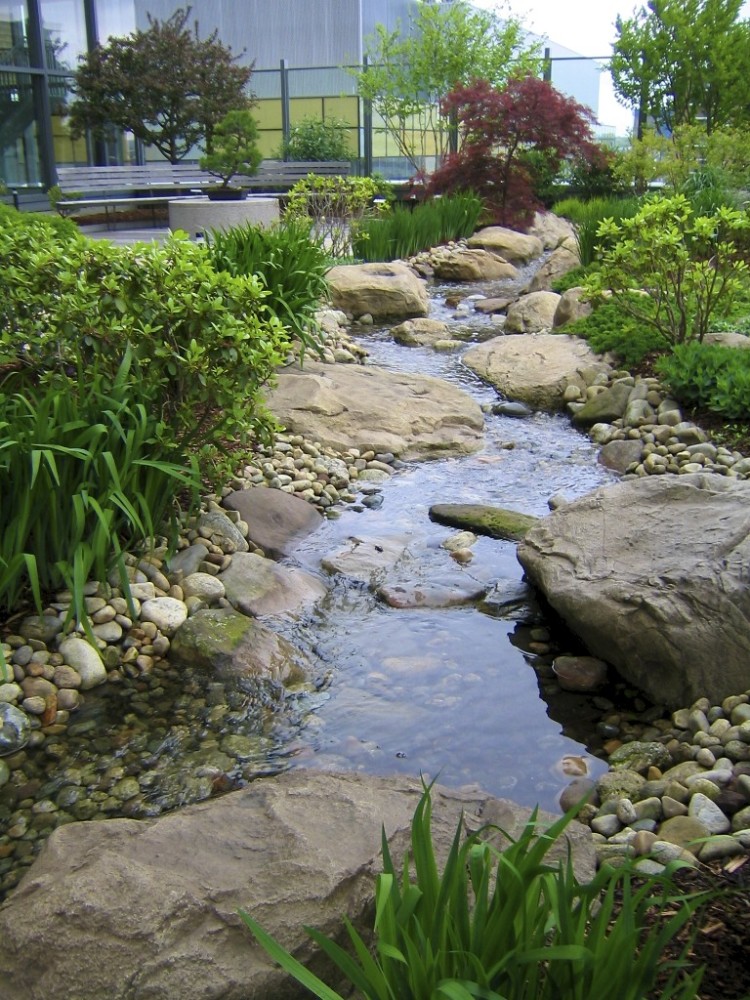
The stream at Yale-New Haven’s Smilow Cancer Hospital. Design by Towers Golde. Photo by Naomi Sachs
2013 was a momentous year for landscape architecture in healthcare design: It was the first year that Healthcare Design and Environments for Aging held the Landscape Architecture for Healthcare Communities Awards.
The projects were chosen by two different panels of jurors – one for Acute Care (Healthcare Design) and one for Senior Living (Environments for Aging and Long-Term Living). Acute Care and Senior Living project award winners were featured in the December digital issues of Healthcare Design and EFA magazines. Acute Care award winners were also featured in the May/June 2014 print edition and will be honored in November at HEALTHCARE DESIGN14 in San Diego, CA. Senior Living project winners were honored at the Environments for Aging conference in May.
And here’s more good news: They’re doing it again! Submission are due for both categories on July 14, 2014 so get busy with your applications.
This is a terrific opportunity for landscape architects and healthcare facilities with successful therapeutic landscapes to showcase their work, and for everyone else to see the best examples of how it should be done. (more…)
The Enabling Garden at Bryn Mawr Rehab Hospital
March 9, 2014
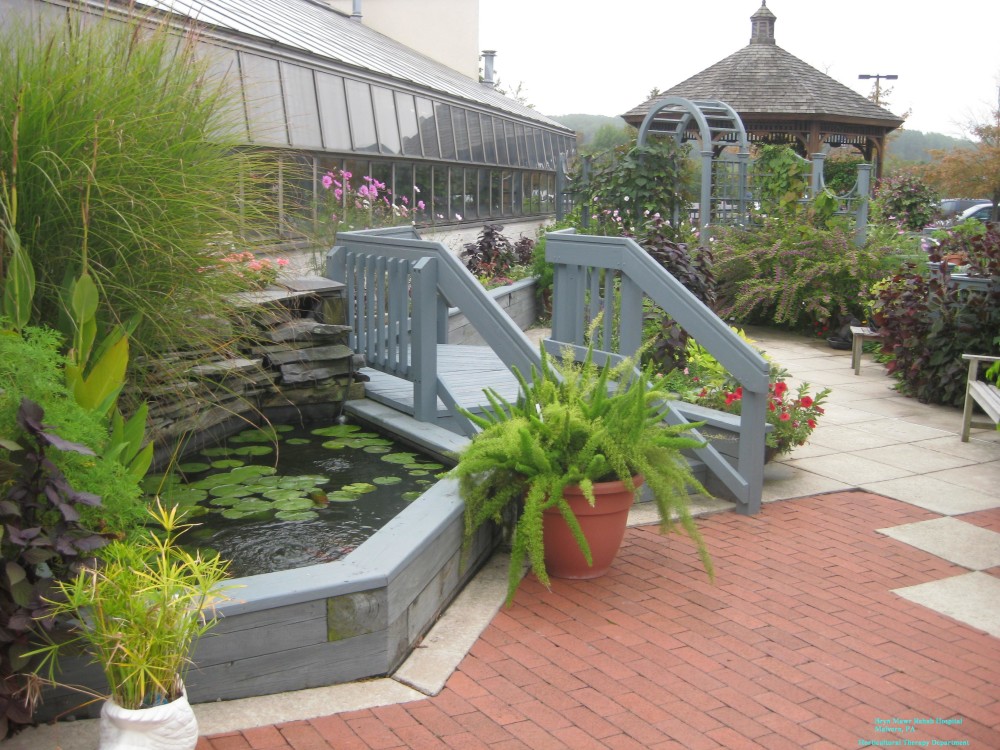
A lily pond and lush plantings make this garden an excellent place for rehab work.
Horticultural Therapy is, in a nutshell, the use of plants, gardens, and other aspects of nature to improve people’s social, spiritual, physical, and emotional well-being. Check out the HT page on the TLN website, and the organizations American Horticultural Therapy Association and the Horticultural Therapy Institute for more information. The new book, Therapeutic Landscapes: An Evidence-Based Approach to Designing Healing Gardens and Restorative Outdoor Spaces also has a great chapter on HT, written by the inimitable Teresia Hazen at Legacy Health in Portland, OR.

A horticultural therapist works with a client
The HT program at Bryn Mawr Rehab Hospital is well-established and respected in the field. Thanks to Pam Young, the Horticultural Therapist there, for this description of their program, and for the accompanying photos.

